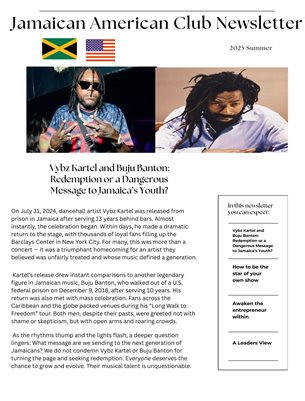By Diana McCaulay
One of the most frequent questions I get asked about my novel Dog-Heart is this: How did you, an uptown woman, put yourself in the mind of a 12-year-old inner city boy? (I often think the sub-text is – how dare you? And please add the word “white” before woman and the word “black” before boy, although they are never actually uttered…)
I always say in response that I went through a period of very focused observation of children on the streets of Kingston, and then I thought about what I had seen, tried to imagine what the lives of the children were like, tried to feel what they might feel. So no, I tell my questioners, I didn’t research Dog-Heart, I empathized it.
Since May of last year, following what is now being euphemistically called the “Tivoli Incursion” where between 70 and 120 Jamaicans died in circumstances that have never been fully explained, I have been struck by the lack of empathy in the way in which we regard our fellow Jamaicans. This is not a new revelation; of course, we Jamaicans have always been fierce individualists. But as I continue to think about possible solutions to the apparently intractable problems of our society, I wonder if the answer is to be found in that simple word – empathy. What if we could put down the baggage we all carry – racism, classism, a host of categories by which we identify “us” and “them,” our perfectly justified hurt, rage and fear – and just ask ourselves: how would I feel if that were me?
I look at one of the photos on line of recently-apprehended Christopher Linton – I refuse to call him Dog Paw – and I see a thin young man, sitting on the floor, wearing only his briefs, his hands obviously handcuffed or tied. This is Jamaica’s most wanted man, a boy I knew, a child with a sweet character and a bright future, had he been born into other circumstances. And I ask myself – how does he feel, there on that floor? How does his mother feel, seeing that picture? I ask myself about his victims too – assuming he did commit the crimes he is accused of – and I can all too easily imagine their anger and pain and their wish for revenge. But suppose they were to put themselves in the place of a fifteen year old boy, out of school, no real programme for him to join, no one to champion or guide his life, his much loved older brother beaten to death while in the custody of the police? Might we be able to understand the hardening of his heart? At a more day to day level, might we be able to appreciate the driving of taxi drivers, if we understood the economics of their lives, might we marvel at the smiling faces of market vendors if we had taken their journey to market the night before and slept for a few hours on a piece of cardboard on the ground, might we support the railing against authority that is now being defined as a “personality disorder” if we appreciated the arbitrariness and incompetence of that authority when directed against those without friends in high places?
This morning, having made a song and dance about the outstanding performance of the security forces in apprehending Christopher Linton and his “lieutenant” Nicholas Nesbeth, we learn that somehow or other Nesbeth has simply walked out of police custody due to a “processing error”. I want someone to explain to me why that sort of authority is due our respect and deference.
Perhaps the best thing we could do for each other is merely to listen with our whole attention, to hear the true stories of each other’s lives, to say to each other: I understand. I see you, sister, I hear you, brother. We don’t like to do this in Jamaica, we call it washing our dirty linen in public and our leaders complain about the effects on tourism. We think empathy equates to softness on crime and call those who express it bleeding hearts. But if we empathized, all of us, concerning big things and small, we would not play our music so loudly as to keep school children and old people awake, we would yield to taxi drivers and pedestrians, we would give our time and our money to those organizations that try to help the young people on our streets. Empathy might just bring us a country worth living in.




